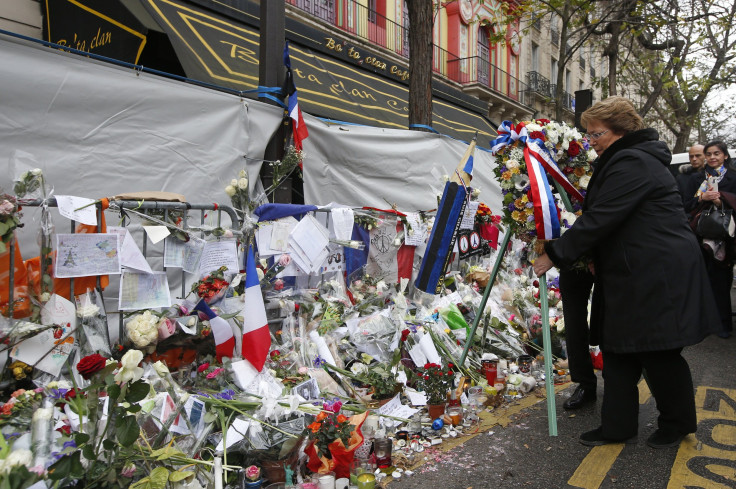What Will Happen To The Bodies Of The Paris Attackers? French Officials Undecided

French officials are trying to decide what to do with the bodies of those responsible for the Paris terror attacks -- for which the Islamic State group has claimed responsibility -- in November that left at least 130 dead and more wounded. French officials could discreetly bury the remains of the attackers or give them back to their families, Agence France-Presse reported.
“If the families ask for their remains, the deceased have the right to a burial in the place where they lived, or where they died, or where the family has a burial plot," Paris funeral services head François Michaud-Nerard told AFP.
While nothing obliges French officials to give the dead anonymous graves, Michaud-Nerard said such action might be preferable. Officials in France worry a grave might attract other extremists, who might treat the graves as shrines, AFP reported.
The mayors of two Paris suburbs, Drancy and Courcouronnes, where two of the attackers, Samy Amimour and Omar Ismail Mostefai, respectively, were from said they had not been told about burial plans for the two. A lawyer for Amimour’s family said he has been told the family does not yet have permission to bury him.
Paris’ own cemeteries with Muslim sections could be a possible burial sites, but the cemeteries told AFP they have received no requests to bury terrorists.
Seven attackers were killed during the Nov. 13 attacks, including gunmen and suicide bombers, CNN reported. Authorities across Europe continue to search for at least two other suspects.
One of the Paris attackers travelled to UK earlier this year https://t.co/y8MS9eQCLO
— The Guardian (@guardian) December 4, 2015Police in Belgium widened their search Friday in their search for two additional suspects who may have been connected to the attacks, the Wall Street Journal reported. Some of the attackers were from Belgium, including Abdelhamid Abaaoud, the suspected leader of the attacks.
© Copyright IBTimes 2024. All rights reserved.





















